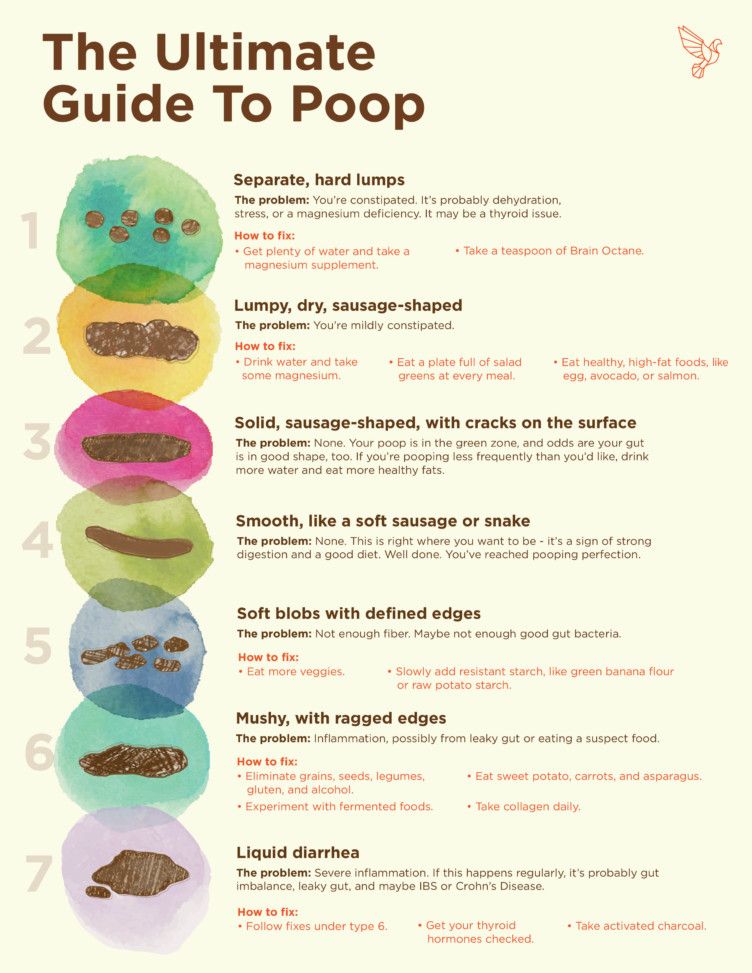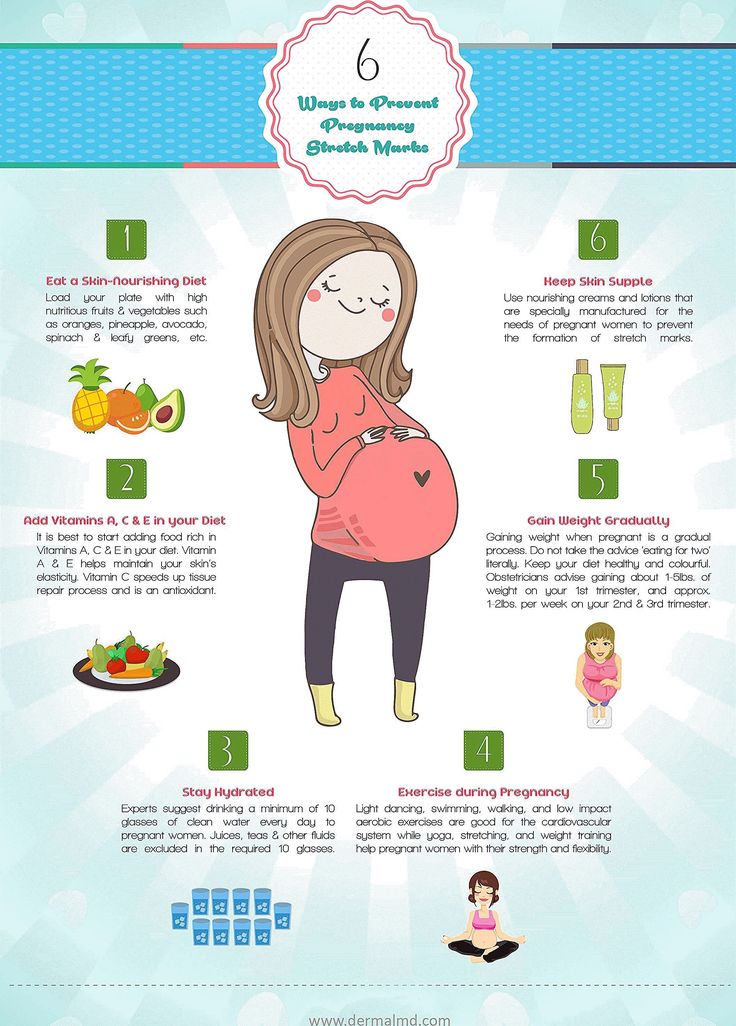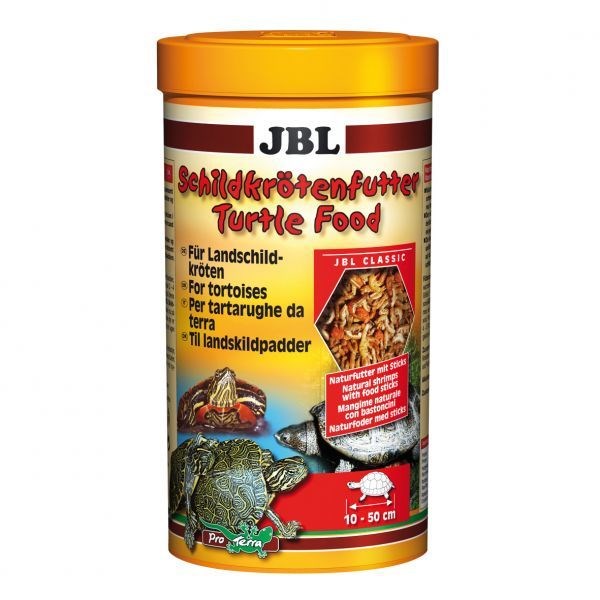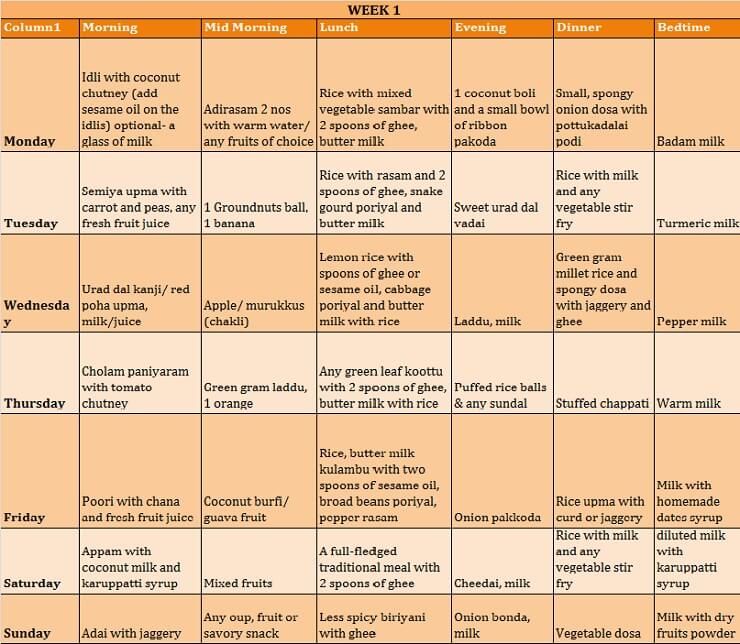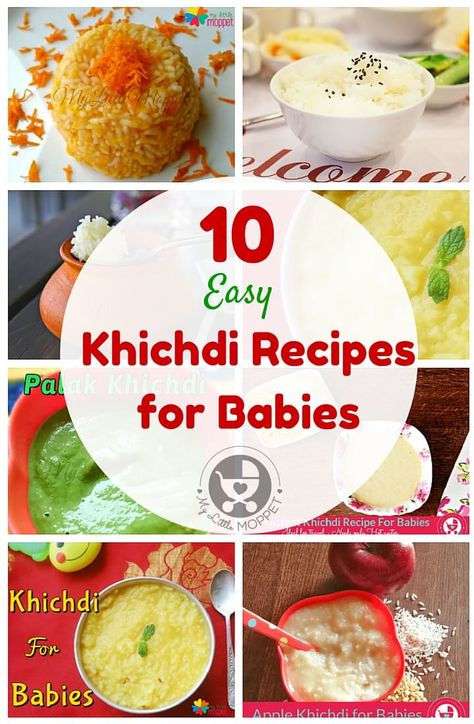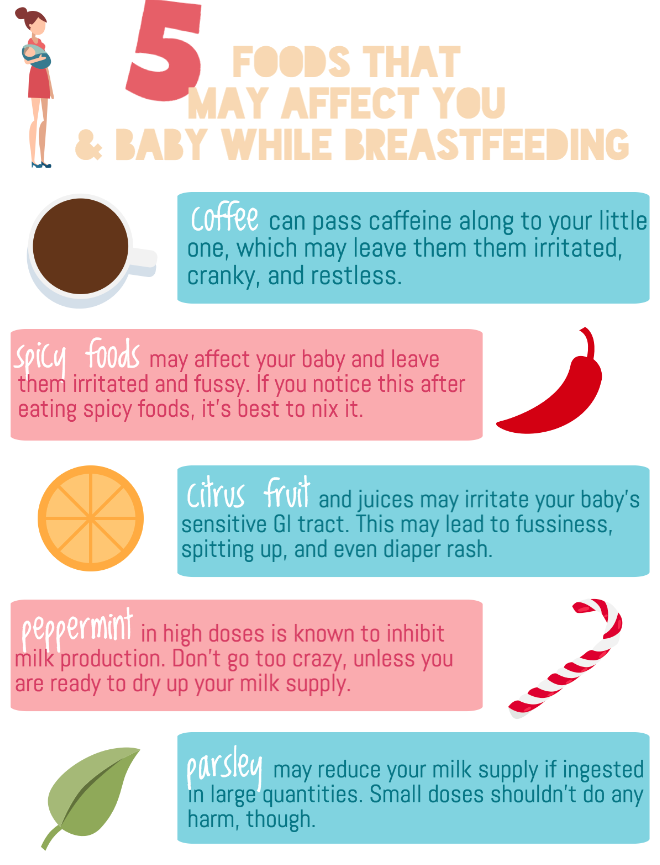List of constipating foods for babies
List of 20 Foods that Cause & Relieve Constipation in Babies
If you are new parents, discussing your baby’s pooping habits must be a regular thing now. You’ll be surprised at how much you think, discuss, and worry about your baby’s poop schedule. If your baby has a hard time passing stool or passes a lot of gas daily, then without a doubt, you will worry and might think of consulting your baby’s paediatrician at odd hours. We understand your concern, but there is no need to panic. Your little one might be suffering from constipation, and it is very common in babies and toddlers.
A child’s pooping habits will depend on his eating habits. There are some foods which tend to constipate babies, especially when you start giving them solid foods. Read on to know about the various foods that can cause and relieve constipation in children, and find out how you can ensure that your child has a good bowel movement.
Video: 20 Foods That Cause and Relieve Constipation in Babies
Foods That Cause Constipation in Infants
If your child has just started eating solid foods and he is having difficulty in passing stool or has a dry and hard stool, then it is a sign of constipation. Baby’s fluid intake and diet will determine his bowel movements. Here is a list of foods that cause constipation in babies.
1. Milk Protein
Milk protein can cause constipation in babies. Milk proteins other than in the breast milk can cause this problem, and as a parent, you need to be careful once you start giving formula milk to your baby. Sometimes, babies may even develop an allergy to the protein present in breast milk, which may result in constipation.
2. Formula Food
Babies are often fed formula in their early years. Formula food consists of ingredients that are difficult to digest, which might result in constipation.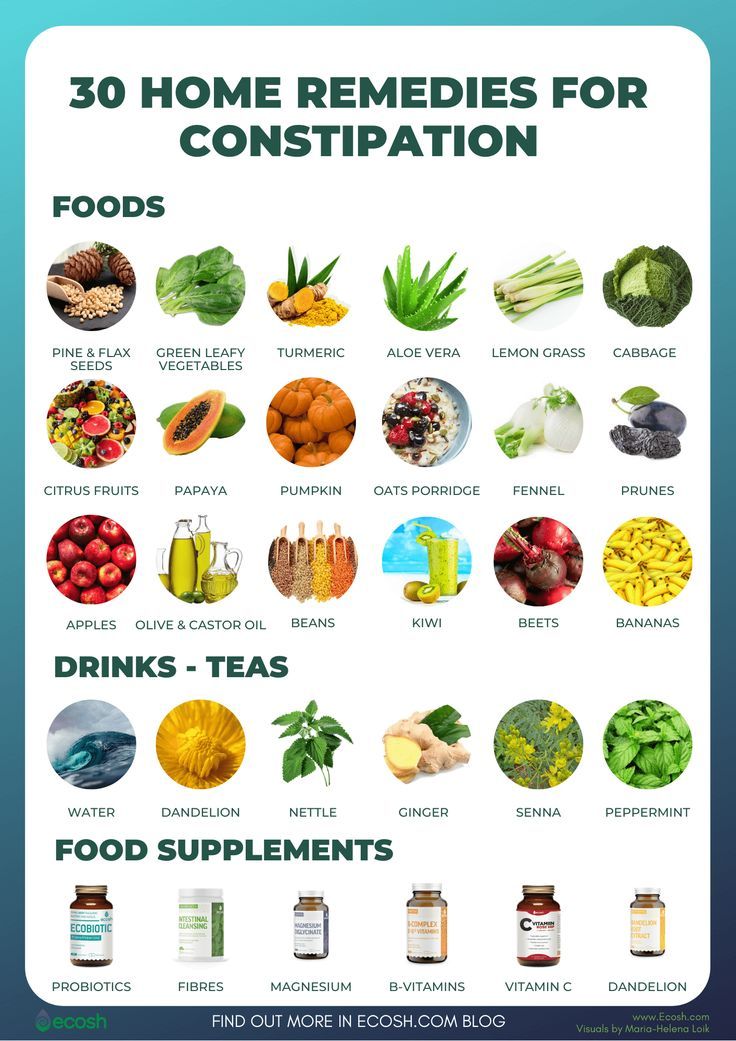 Formula milk even contains complex proteins that may harden the poop and thus cause constipation.
Formula milk even contains complex proteins that may harden the poop and thus cause constipation.
3. Rice
Rice and porridge are the two solid food for babies that most mothers think of introducing as the first food to their babies. But some babies may find it hard to digest rice and may feel constipated.
4. Carrots
Carrots, when given raw or in the form of juice, are usually good for babies. But, if you feed steam-cooked carrots to your baby, then he might feel constipated. Steamed carrots tend to solidify the poop making it difficult for babies to excrete.
5. Raw Bananas
Babies are often fed raw bananas, as cooked vegetable, or as a porridge made out of sun-dried raw banana powder. Although giving a ripe banana is good, unripe banana is not. If you give an unripe banana to your baby, he might feel constipated and have gastric problem. Under-ripe or unripe bananas have starch in them, which can be hard for a baby to digest.
6. Apples
Apples are known to harden the stool so eating them while suffering from diarrhoea can help.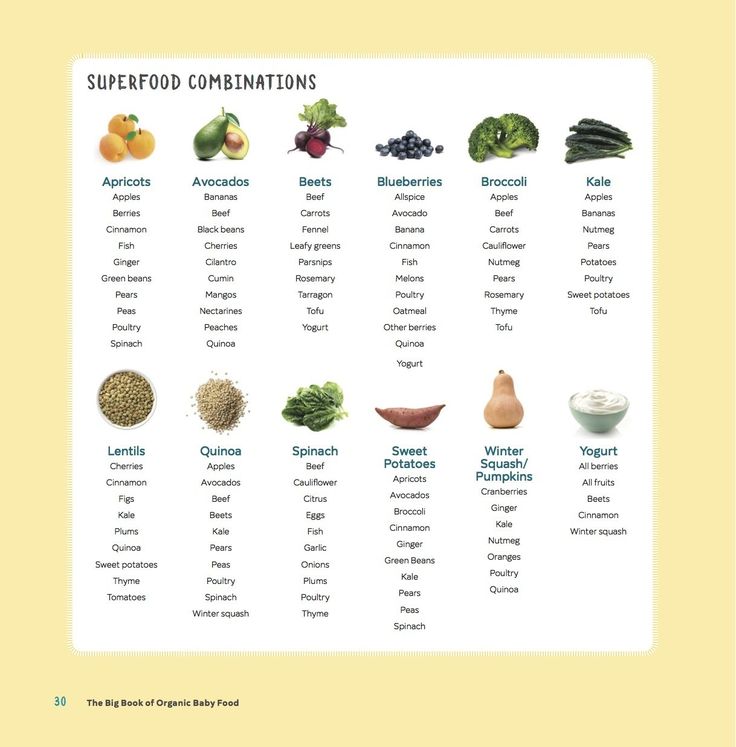 But steamed apples, a popular baby food, can cause constipation in babies. So don’t give steamed apples to your baby. Also avoid giving applesauce to your baby as it contains pectin protein, which hardens the stool.
But steamed apples, a popular baby food, can cause constipation in babies. So don’t give steamed apples to your baby. Also avoid giving applesauce to your baby as it contains pectin protein, which hardens the stool.
7. Cheese
Cheese is an excellent source of many essential vitamins and minerals and is a superfood for babies. It is usually given to babies as a snack. However, cheese is low in fibre and can cause constipation.
8. White Bread
White bread, made with all-purpose flour, is a processed form of grain and is low in fibre. Fibrous foods are known to improve digestion. However, white bread lacks fibre in substantial quantity and can cause constipation in babies.
9. Potatoes
Regular potatoes with skin have about 3 gm of fibre and can prevent constipation. If you give your baby potatoes with other veggies, then it won’t be a problem. However, if you give him potato chips or potatoes with butter or sour cream, then he may suffer from constipation.
10. Yoghurt
Yoghurt contains good bacteria that facilitate digestion. But, it also has a binding effect on food substances and sometimes may cause constipation in children.
Foods That Help Relieve Constipation in Infants
Now that you know which foods cause constipation in babies, so avoid incorporating them into your baby’s diet. If your baby is already suffering from constipation, then include these high-fibre foods in your baby’s diet. These foods will not only relieve the condition but also prevent it from occurring in future.
1. Prunes
Prunes are rich in fibre and a great source of multivitamins. Being a good source of fibre, they can ease and speed up the bowel movements. Prunes can be soaked overnight and given to a baby first thing in the morning. You can also give your baby prune juice. Prunes and prune juice are an excellent remedy for constipation.
2. Beans
Beans are packed with fibre and can be included in a baby’s diet if he is suffering from constipation.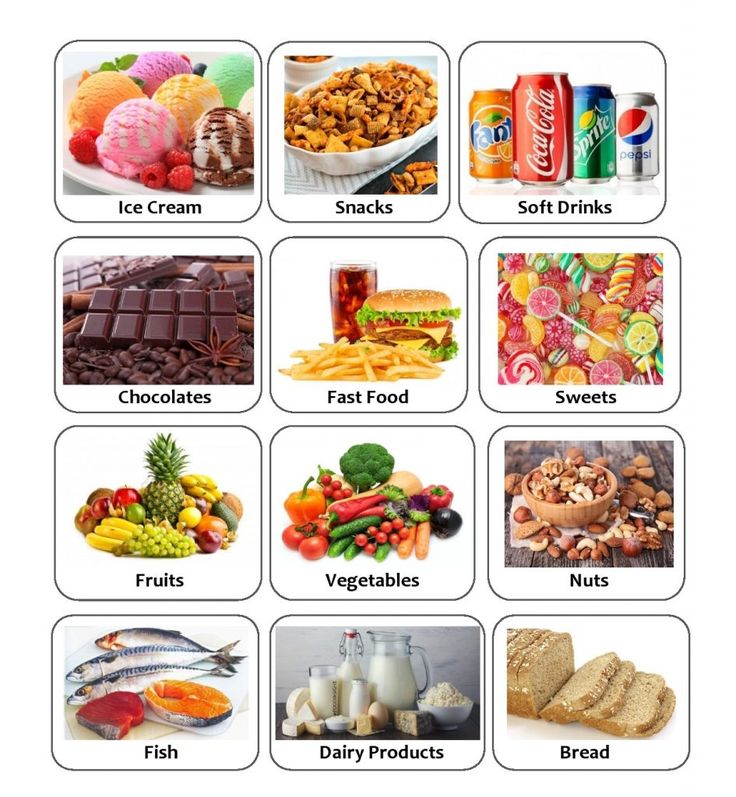 Eating beans will improve his bowel movements. As beans contain both soluble and insoluble fibre, it will help in digestion of food and help your little one excrete properly.
Eating beans will improve his bowel movements. As beans contain both soluble and insoluble fibre, it will help in digestion of food and help your little one excrete properly.
3. Green Peas
Fresh green peas available in winters are loaded with fibre – they are a perfect food to include in your baby’s diet if he is constipated. Peas can be given as a simple snack by just boiling and seasoning. Infants can be given boiled peas in the pureed form to aid bowel movements.
4. Apricots
Apricots are another seasonal fruit used for treating constipation. It can be given raw or in the form of juice. Dried apricots are also available in the market, which can be soaked overnight and given to babies.
5. Oatmeal
Oatmeal, a common and widely preferred food for babies, is an excellent food for children with recurrent episodes of constipation. Oatmeal can provide your baby with much-needed fibre and can prevent constipation.
6. Pears
Pears are rich in fibre and Vitamin C.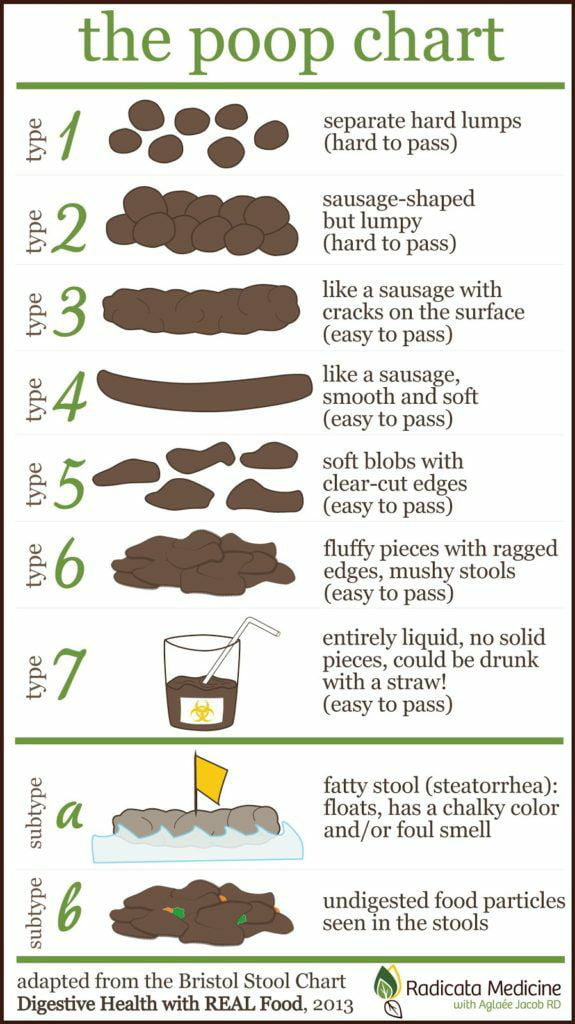 Both fibre and Vitamin C aid in proper digestion and relieve constipation. Babies can also be given a few drops of fresh pear juice to cure constipation.
Both fibre and Vitamin C aid in proper digestion and relieve constipation. Babies can also be given a few drops of fresh pear juice to cure constipation.
7. Broccoli
Broccoli, a superfood for babies, is a rich source of protein and fibre. Broccoli is also a good source of fibre, Vitamin C, Vitamin K, and folate. Green vegetables like spinach and broccoli add weight to stools, making them easier to pass through the gut. You can give small steamed broccoli florets to your baby as finger food. Broccoli also contains sulforaphane, which may protect the gut and aid digestion.
8. Sweet Potatoes
Sweet potatoes, unlike other tubers, are one of the best baby foods and they do not cause constipation. Sweet potatoes can help in relieving constipation and provide essential nutrients and carbohydrates to your growing baby.
9. Berries
Berries are rich in antioxidants and are an excellent food for babies and toddlers. They are also high in fibre, which is why they are a must-include in your baby’s diet.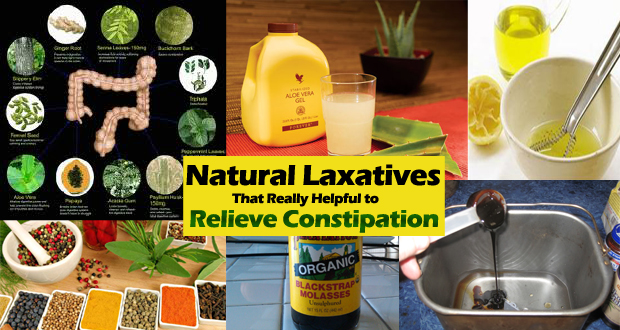 You can give berries to your baby in pureed form. By eating berries, your little tot won’t complain of constipation.
You can give berries to your baby in pureed form. By eating berries, your little tot won’t complain of constipation.
10. Whole Grain Bread
Whole grains foods have high fibre content in them, which is good for the heart as well as for the digestive system. You can give whole wheat bread to your baby – it is high in fibre and will prevent constipation in your little one.
FAQs
1. How Will You Know That Your Baby is Constipated?
If your baby is constipated, he obviously won’t be unable to communicate that to you. So watch out for these signs of constipation in him –
- He has three or fewer than three bowel movements in a week.
- His stools are hard and dry.
- He has a hard time pooping.
- He cries continuously and has a stomach ache.
2. How Can You Prevent Constipation in Your Baby?
To prevent and treat constipation in babies, here’s what you can do:
- If your baby has crossed the six-month mark, you can make him sip water in small amounts.
 Before six months, he will get all the hydration he needs through breast milk. Later, you can start with foods that contain water and fibre, as water and fibre will improve his bowel movements.
Before six months, he will get all the hydration he needs through breast milk. Later, you can start with foods that contain water and fibre, as water and fibre will improve his bowel movements.
- Include high-fibre foods in his diet. Make prunes, berries, whole grains, and pulses in his diet as they are high in fibre content and aid digestion.
- Get your child into the habit of pooping. Once he is ready for potty training, make sure you make him sit on the toilet seat for at least 10 minutes at about the same time daily. It will get him into the habit of going to the toilet.
Many times, parents go through a lot of stress when their babies suffer from constipation. If your child is constipated, don’t worry. By making slight changes in his diet and encouraging him to do some physical activity (however, small) regularly can cure constipation and other stomach-related problems in him. However, if the problem persists and your baby doesn’t feel better, consult a doctor.
Also Read: Indigestion in Children
Foods to Relieve Constipation in Babies
As new parents, we quickly learn that “poop” becomes part of one’s daily conversation. You start to calculate how much and how often baby poops. The doctor will ask you what it looks like and smells like.
When a baby is suddenly not pooping, we start to get concerned. Especially if he becomes cranky or cries while pooping. This can be a sign of constipation.
It can happen to breastfed or formula fed babies and often begins when switching to solid foods. When their digestive systems are only used to breast milk or formula, solid foods can be tough to digest.
The frequency of bowel movements, or the lack of, is not the only clue your little one might be constipated. If your baby’s poop is very hard or seems difficult to pass he may also be suffering from constipation.
There are certain foods that are more likely to cause constipation and discomfort. If you suspect your baby is suffering from constipation, read on.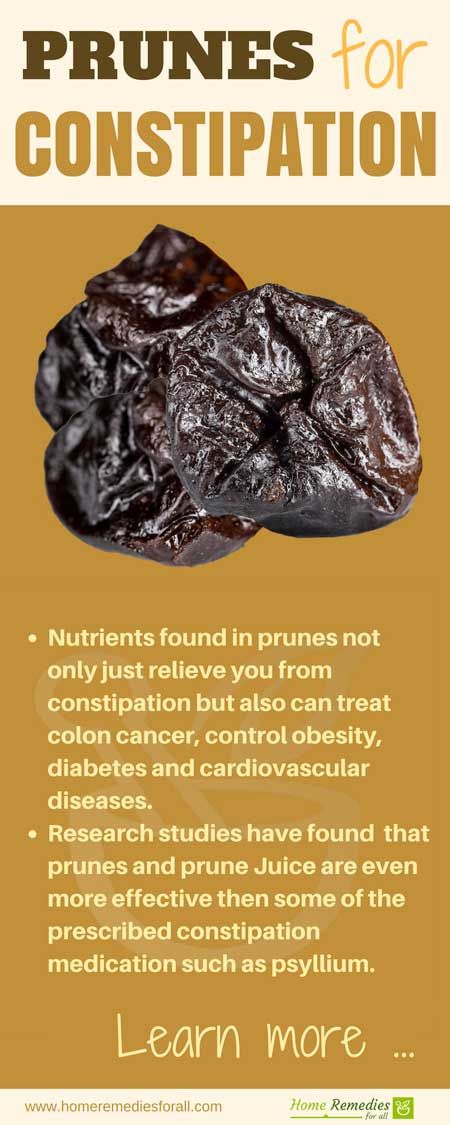 We will run through the foods that can trigger constipation and foods to relieve constipation in babies.
We will run through the foods that can trigger constipation and foods to relieve constipation in babies.
- Yogurt
- White bread
- Pasta
- Applesauce
- Unripe bananas
- Cooked carrots
- Rice cereal
- Cheese
These foods are known to trigger gassiness and constipation in most babies. But, it is important for you to keep track of your own baby’s symptoms related to what they are eating. What triggers constipation in one child may not necessarily be the same in another baby. To help avoid constipation in babies, you need to feed your little one foods that are high in fiber content or have natural laxative properties. Just some small dietary changes can make your baby feel better and get his digestion flowing more smoothly. By adding some of the following foods to your baby’s diet you will surely get the “poop talk” back to a more positive conversation.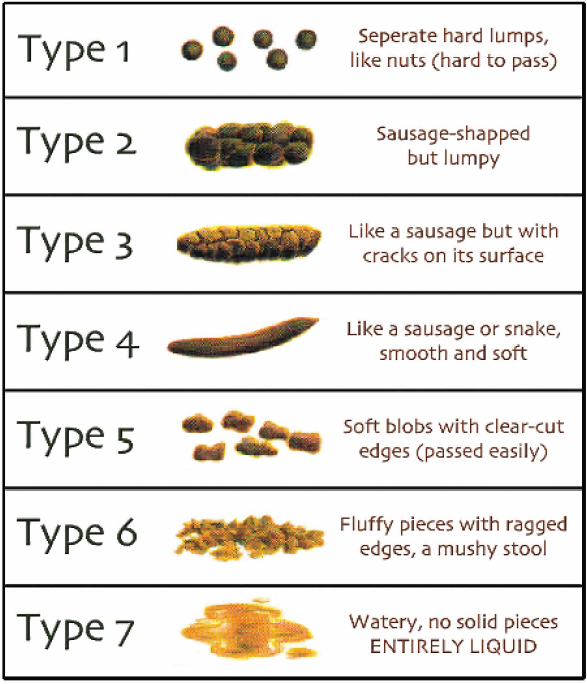
Foods to Help Relieve Constipation in Babies:
- Cheerios: High in fiber. Try the whole grain option for babies who are already eating finger foods.
- Soy Products: This can be especially helpful for babies who are allergic to milk proteins. If mom avoids dairy and replaces it with soy products, her breast milk may become more favorable for baby’s digestion.
- Berries: Berries of all kinds are packed with fiber and their natural sweetness is a favorite of children of all ages.
- Prunes and figs: Packed with fiber and also a natural laxative. You can cut them into small cubes and allow baby to feed himself or serve as a juice or ice pop
- Oatmeal and other whole grains: These are naturally high in fiber and energy. Oatmeal is available commonly as a pre-cooked baby cereal and whole grain bread is a good source of whole grain for your baby.
 **Try mixing the cereal with a little prune juice!
**Try mixing the cereal with a little prune juice! - Beans: “Beans, beans the magical fruit, the more you eat the more you toot!” We already know that beans, of any kind, have a great mixture of soluble and insoluble fiber both of which help in digestion and help to promote more regular bowel movements.
- Pears, Plum, and Apples: All are rich in fiber and are available to be purchased in baby food jars at your grocery store or can be served cubed to baby.
- Sweet Potatoes: These are extremely rich in fiber, it’s best to have them with the skin on, however this can be difficult for babies to chew so consider a puree
- Nuts: Most nuts are a great source of protein and fiber - but feed them in moderation because they are also high in fat. Most pediatricians recommend waiting until one year of age to serve nuts and tree nuts to children for the sake of allergies.
- Water: Additional liquid into baby’s diet will help to keep stool softer.
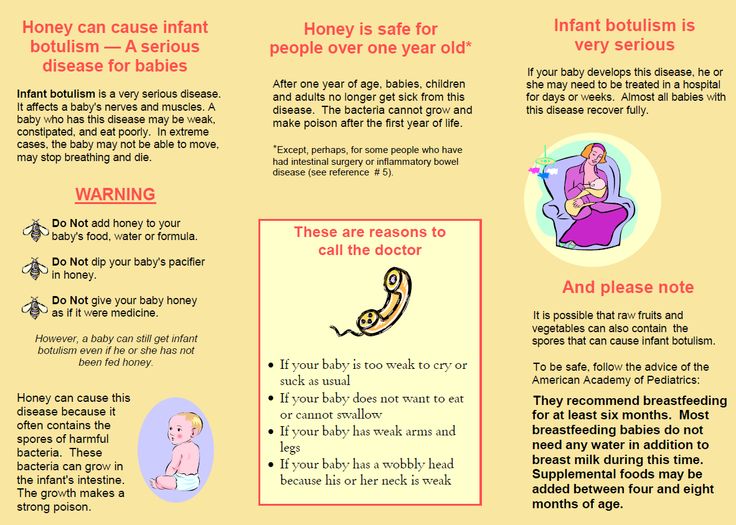 Offering water or diluted juice in a sippy cup will help with constipation. (However, always check with your doctor before adding water or other liquids to baby’s diet as babies younger than 6 months generally get all the water they need through breast milk or formula.)
Offering water or diluted juice in a sippy cup will help with constipation. (However, always check with your doctor before adding water or other liquids to baby’s diet as babies younger than 6 months generally get all the water they need through breast milk or formula.)
Hopefully just some simple diet modifications will leave your baby pooping freely and feeling much more comfortable! Remember that every baby is different and their body will react differently to certain foods.
If simple diet changes don’t seem to make a difference please seek out the advice of your doctor so they can rule out any other serious issues.
Proper diet for constipation
Understanding constipation
Constipation, or constipation, is a very common defecation disorder that makes it difficult to empty the bowels. Individual episodes are often associated with nutritional errors or functional disorders, while chronic constipation often indicates diseases of the gastrointestinal tract or other organs and systems.
Individual episodes are often associated with nutritional errors or functional disorders, while chronic constipation often indicates diseases of the gastrointestinal tract or other organs and systems.
The key symptoms of constipation are:
- Defecation less than 3 times a week.
- Defecation with dry, hard stools, which often appear in lumps.
- The need for additional straining for defecation.
- Sensation of "blockage" of the rectum.
- Feeling of incomplete emptying of the bowels.
- The need for assistance with defecation (hand pressure on the abdomen and manual manipulation to remove stool from the rectum).
Diet for constipation
One of the key roles in the fight against constipation is the correction of nutrition. Often, changes in eating habits and lifestyle are enough to eliminate constipation that is not associated with other diseases, as well as to prevent their occurrence in the future.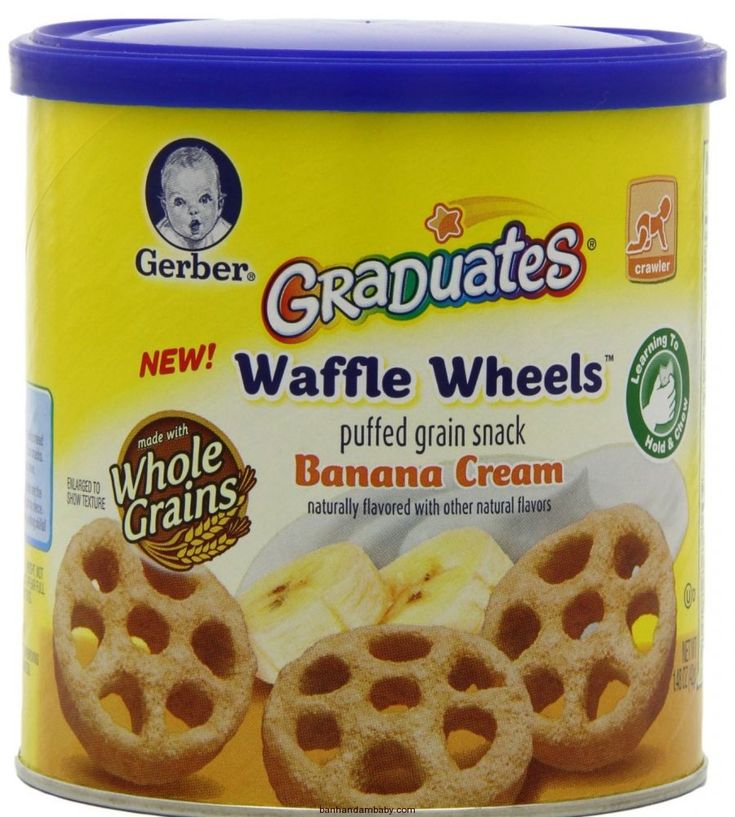
List of useful foods for constipation
Prunes help with constipation. Photo: alexeyzhilkin - ru.freepik.comThe basis of the diet of people with a tendency to constipation should be dominated by foods that contain dietary fiber - fiber.
The most useful foods for constipation are:
- Prunes. The insoluble fiber in prunes increases the amount of water in the stool, preventing constipation. It also contains sugar alcohol (sorbitol), which has a laxative effect.
- Apples. They contain a large amount of pectin, which can improve intestinal motility, promote the growth of beneficial bacteria and eliminate the symptoms of constipation.
- Pears. In addition to being high in fiber, pears also contain fructose and the previously mentioned sorbitol. Due to these substances that are not absorbed in the large intestine, removing water into its lumen, pears can cause a laxative effect.
- Citrus. Oranges, grapefruits and tangerines are rich in pectin and naringenin, which increase the secretion of fluid into the colon, causing a laxative effect.
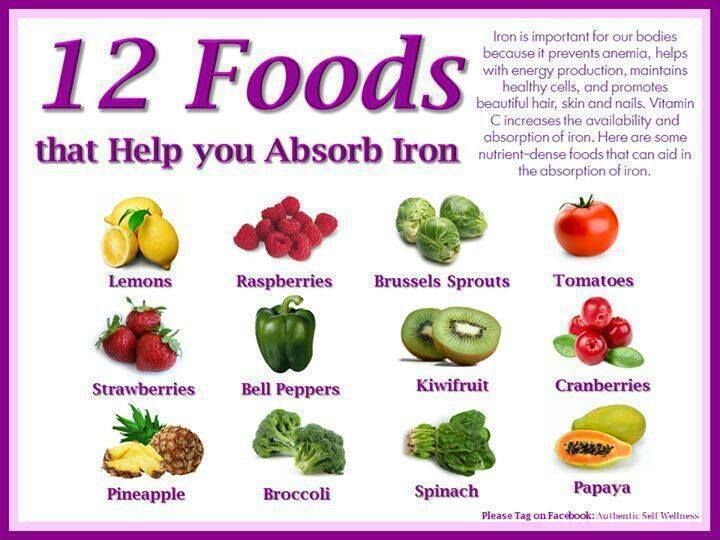 It is recommended to use them raw.
It is recommended to use them raw. - Spinach and other greens. Greens such as spinach, brussels sprouts and broccoli are rich not only in fiber, but also in vitamins C and K, as well as folic acid, which have a positive effect on bowel function.
- Legumes: beans, peas and lentils. Legumes contain a mixture of insoluble and soluble fiber. This means they can relieve constipation by bulking up stools, as well as softening them to make bowel movements easier6.
- Kefir. Contains bacteria and yeast that improve the functioning of the digestive system. It also thins the stool, improving bowel movements.
List of undesirable foods for constipation
Dairy products, red meats and alcohol are not desirable for constipation. Photo: MedPortal Correction of nutrition for constipation includes not only the addition of more liquid and dietary fiber, but also the restriction or complete rejection of other foods that can provoke this defecation disorder [8].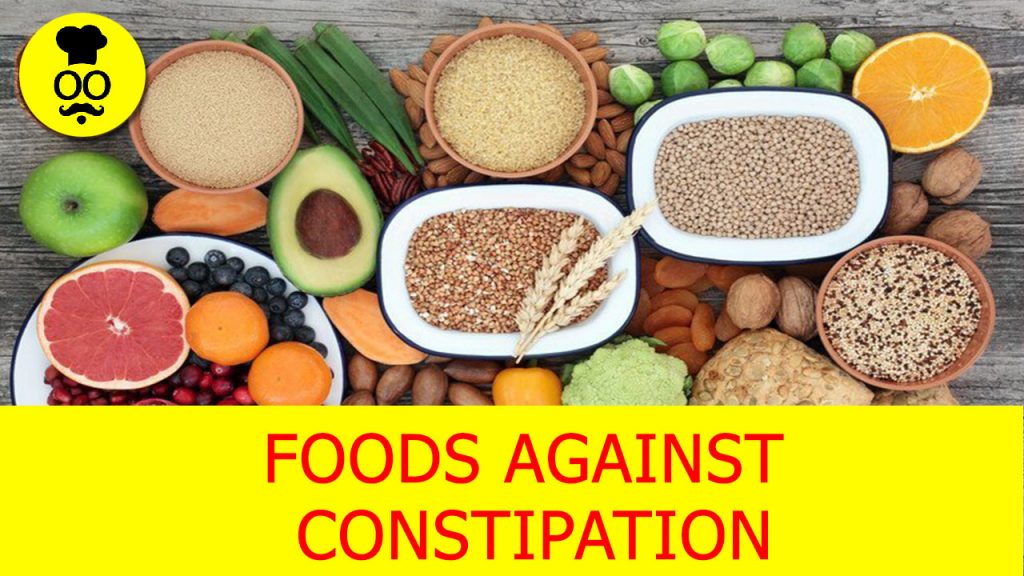 These products include:
These products include:
- Alcohol. Alcoholic beverages, especially in large quantities, lead to the loss of large amounts of fluid in the urine, which contributes to constipation [9].
- Milk and dairy products. It is believed that milk, due to the increased sensitivity of the human body to its proteins, can provoke constipation. Children under 12 years of age are most susceptible to this effect [10].
- High-fat red meats increase the risk of constipation [11].
- Fried food and fast food. Like red meat, these foods are high in fat and low in dietary fiber. In addition, a large amount of salt is used in its preparation, which worsens the course of constipation.
- White rice, unlike brown, lacks bran and other major sources of fiber, which can also cause constipation.
- Products containing gluten. Gluten is a protein found in grains such as wheat, barley, and rye. It has been found to be associated with constipation, and also impairs bowel function and damages it in celiac disease and irritable bowel syndrome [12].
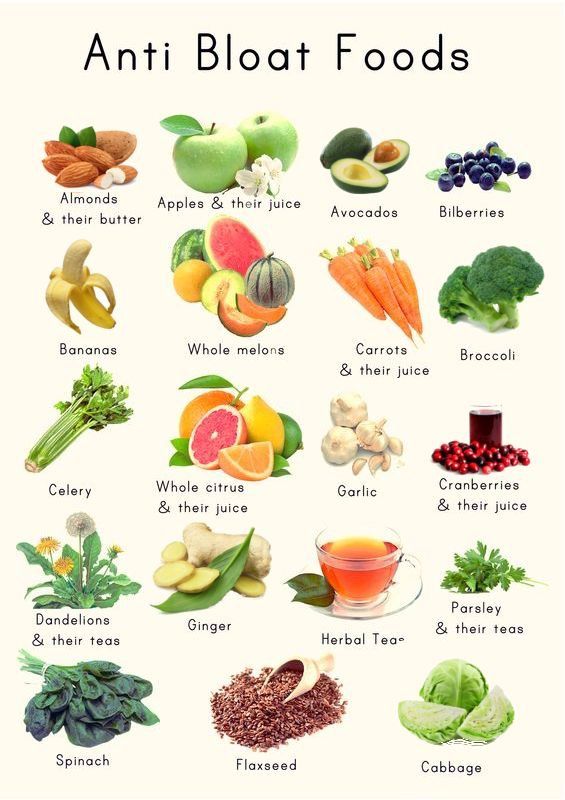
Nutrition for children with constipation
Broccoli puree helps to normalize stools in young children. Photo: [email protected] / DepositphotosThe fight against constipation in children of preschool and primary school age is similar to that in adults: in such situations, the same advice on nutrition and lifestyle changes is relevant.
“You should try to adjust the stool with a diet: give the child more water (a liter per day or more). Introduce more vegetable fiber (salads, vegetable stews), juices (plums, prunes), fermented milk products (yogurts), laxative foods (beets, pickles), etc. You should also try to involve the child himself in the treatment, make it an entertaining game, motivate for the result. For example, buy a calendar with large cells and draw a smiley in the cell every day when he himself went to the toilet. Five days of independent chair in a row - deserved a guaranteed toy, two weeks in a row - a super prize.
Positive reinforcement works wonders, trust me.
Well, physical activity, of course. Preschoolers do not need to be additionally stimulated, except perhaps to limit the time for gadgets and TV, but schoolchildren already need to be actively urged to enroll in a collective sports section, for example.”
An excerpt from the book of pediatrician Sergei Butriy “Health of the child. How to learn to cope with diseases and your own panic "
Infants can also suffer from constipation. It is worth noting that normally in infants, the frequency of bowel movements can vary from 1-2 times a day to 1 time in 7-10 days.
If a child has other symptoms of constipation in addition to infrequent stools, such as increased restlessness during bowel movements and feces in the form of hard lumps, the following changes in his diet are recommended [13]:
- to which you can add a mixture of prunes, pears or peaches.
- Recommended vegetables are broccoli, Brussels sprouts and legumes.

- Whole grains such as oatmeal, high fiber cereals, whole wheat pasta, and brown rice are allowed for children over 8 months of age.
- Controlling the amount of liquid you drink. Until 6 months of age, an exclusively breastfed or formula-fed baby does not need to drink water. Babies over this age can be given a small amount of water.
The following can also help a small child with constipation [14]:
- Warm baths. They relax the abdominal muscles and improve peristalsis.
- Exercises. Having put the child on his back, you can alternately bend his legs, as if he were riding a bicycle.
- Massage. You can improve intestinal motility by drawing circles on the child's stomach in a clockwise direction.
- If constipation persists after a few days of dietary changes, glycerin suppositories for children (suppositories) may be used. However, they are intended for occasional use only. Mineral oils, stimulant laxatives, or enemas should not be used to treat constipation in infants.
 But for older children with constipation, enemas and the use of laxatives under the supervision of a pediatrician are indicated.
But for older children with constipation, enemas and the use of laxatives under the supervision of a pediatrician are indicated.
Consequences of non-compliance with the diet
Without nutritional correction, individual cases of constipation develop into chronic constipation. At the same time, the symptoms of this disorder worsen, and the risk of developing complications increases, the most common of which are [15]:
- Hemorrhoids (Fig. 1).
- Anal fissures.
- Rectal bleeding.
Inflammation of the mucous membrane of the rectum and sigmoid colon - proctosigmoiditis.
Figure 1. Stages of development of hemorrhoids. Source: CC0 Public DomainConclusion
Proper nutrition and fluid control are the keys to resolving constipation in most cases. But it is important to understand that this phenomenon can be not only an isolated problem, but also a symptom of other pathologies. Therefore, if defecation disorders persist after changing the diet, you should seek the advice of a specialist.
Sources
- Constipation. National Digestive Diseases Information Clearinghouse. 2019.
- Elise Mandl. The 17 Best Foods to Relieve Constipation. health line. 2018.
- Lever E, Cole J, Scott SM, Emery PW, Whelan K. Systematic review: the effect of prunes on gastrointestinal function. Aliment Pharmacol Ther. 2014 Oct;40(7):750-8
- Bae SH. Diets for constipation. Pediatr Gastroenterol Hepatol Nutr. 2014;17(4):203-208.
- Reiland H, Slavin J. Systematic Review of Pears and Health. Nutr Today. 2015;50(6):301-305.
- Yang, Jing et al. “Effect of dietary fiber on constipation: a meta analysis.” World journal of gastroenterology vol. 18.48 (2012): 7378-83.
- Turan İ, Dedeli Ö, Bor S, İlter T. Effects of a kefir supplement on symptoms, colonic transit, and bowel satisfaction score in patients with chronic constipation: a pilot study.
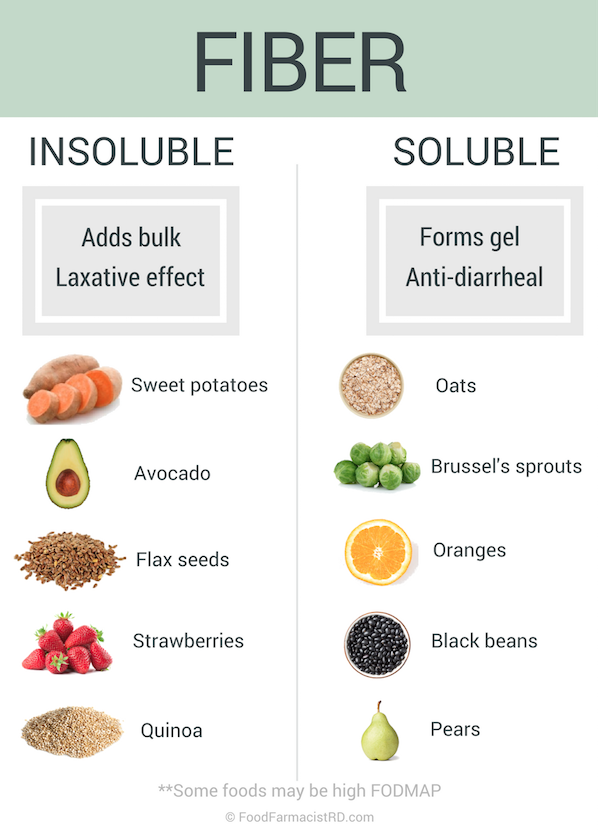

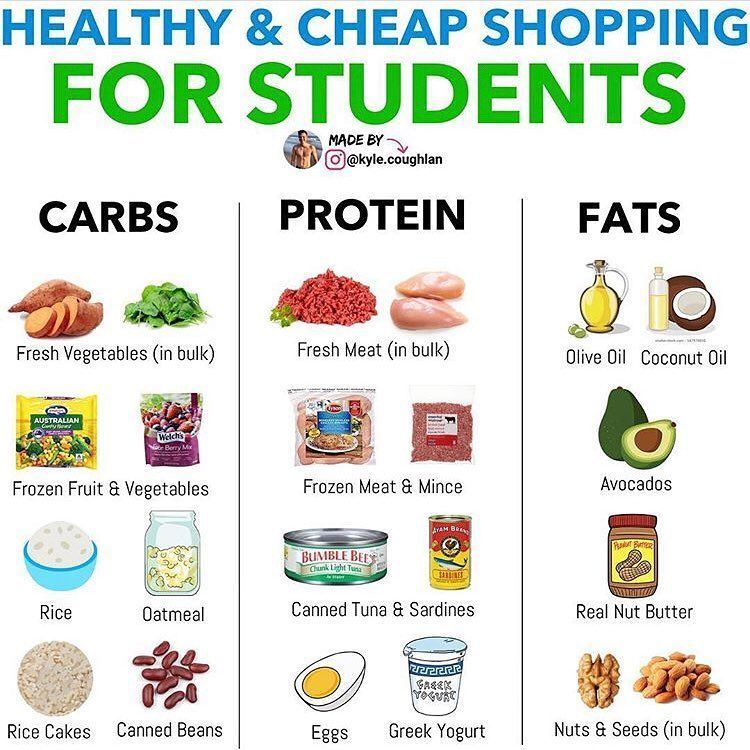
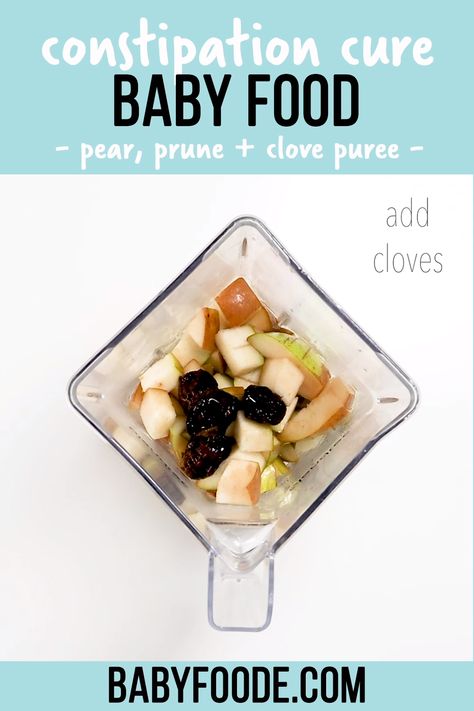
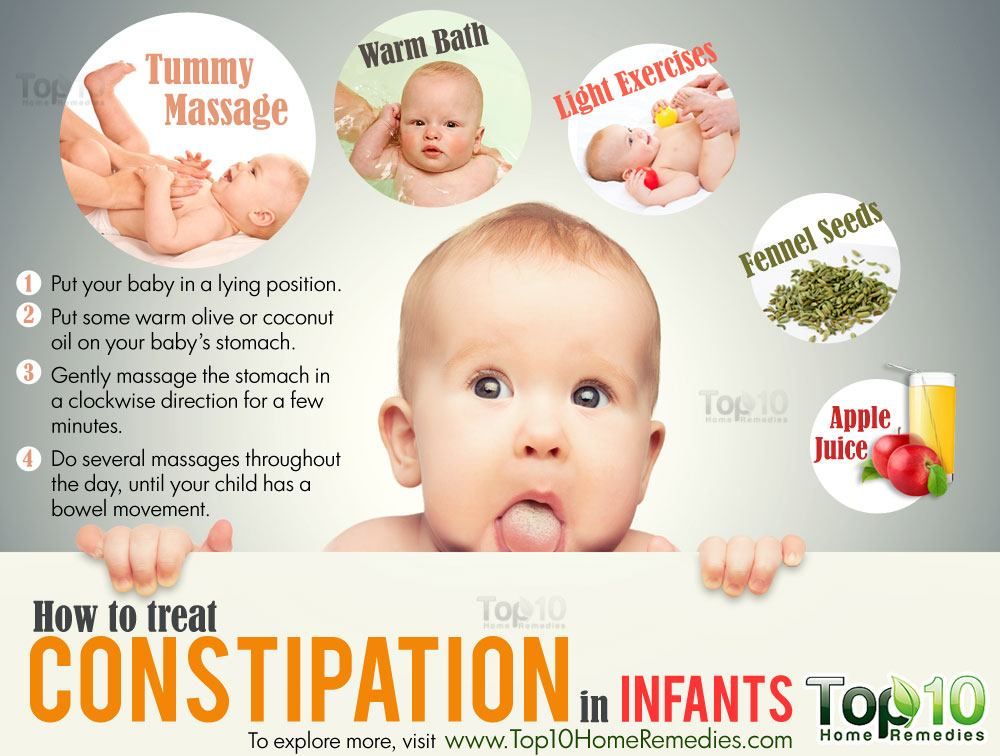 This type of dietary fiber is found in plants of the legume family, nuts, and potatoes.
This type of dietary fiber is found in plants of the legume family, nuts, and potatoes. 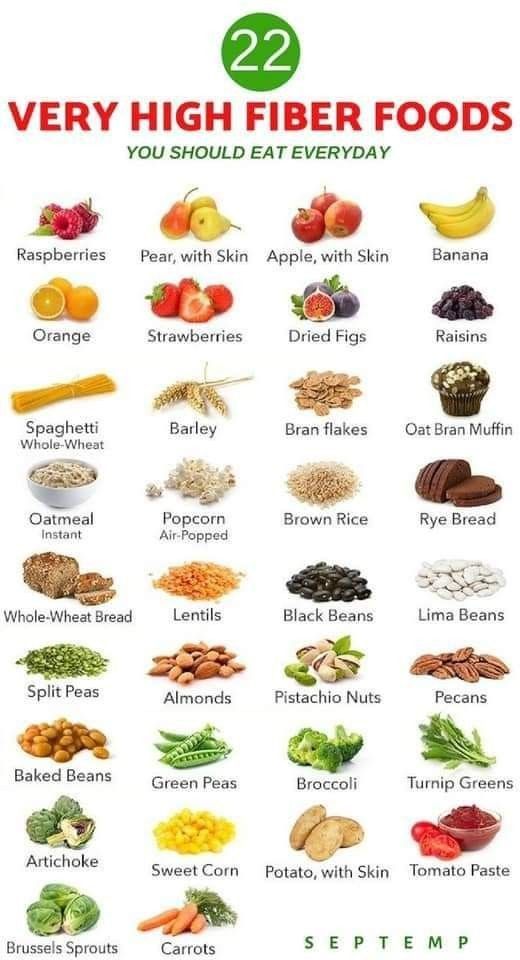
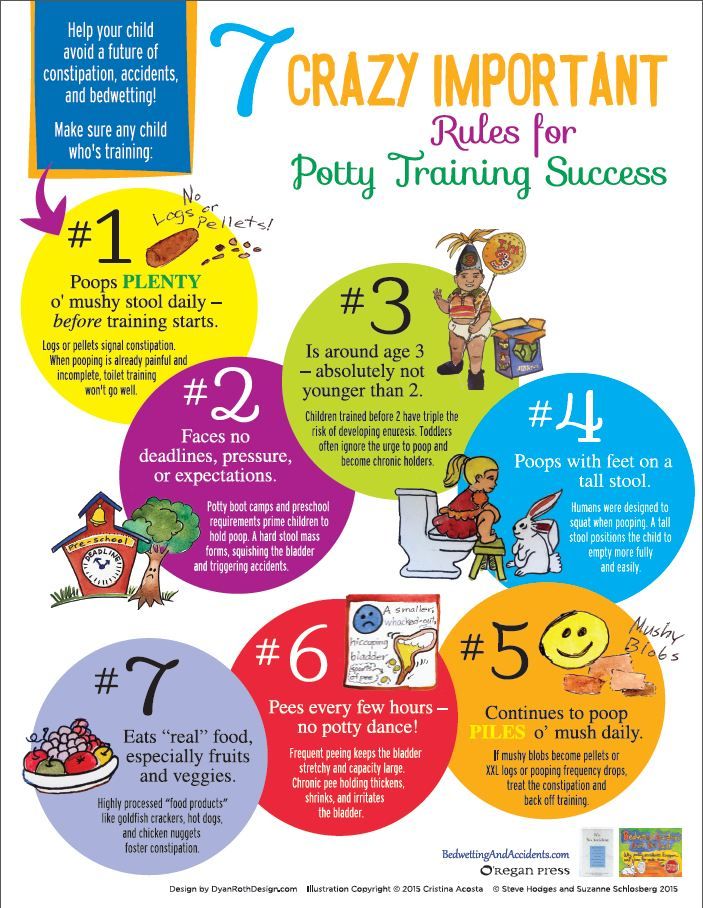 Some fruits with stones also contain sorbitol, which has a mild laxative effect.
Some fruits with stones also contain sorbitol, which has a mild laxative effect. 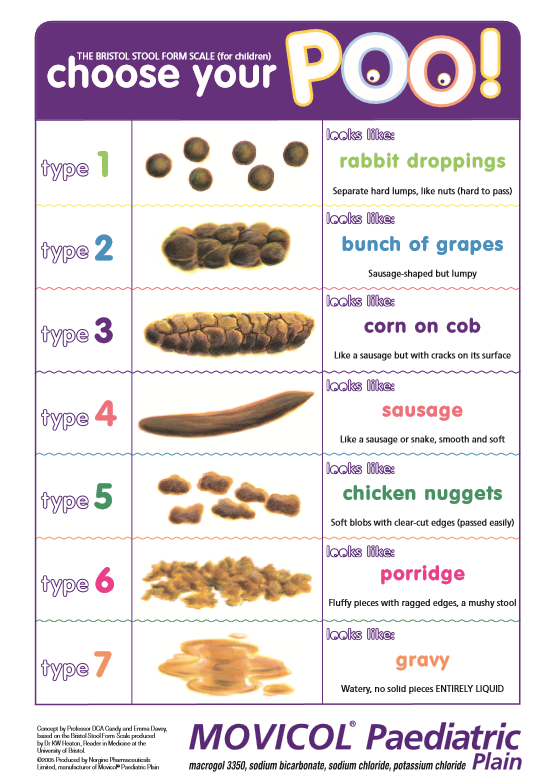 As for flax crackers, such a snack is not suitable for everyone - dense raw grains may not be digested at all.
As for flax crackers, such a snack is not suitable for everyone - dense raw grains may not be digested at all. 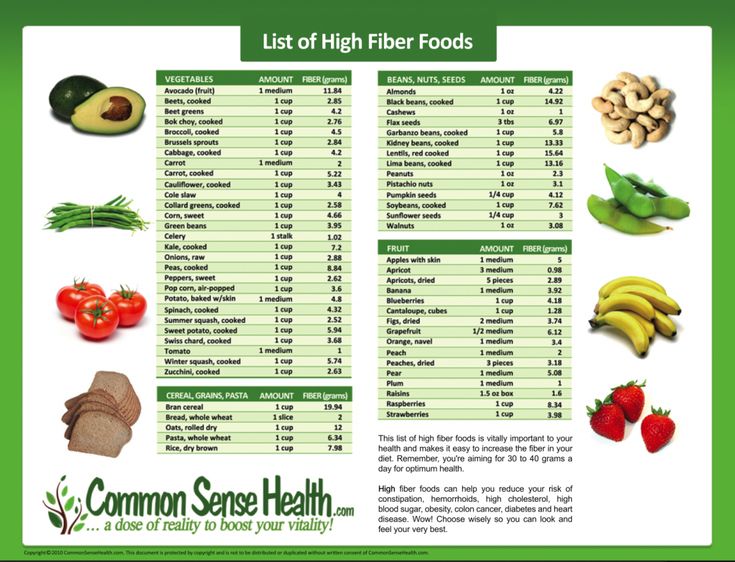
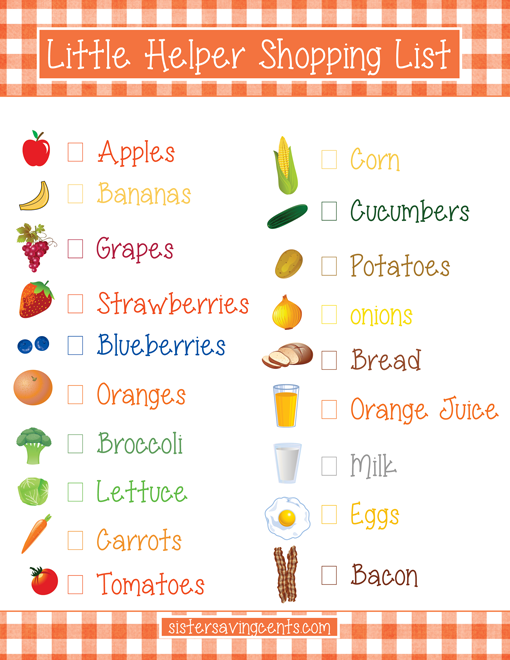 If it takes you longer to eat a salad than a main course, that's perfectly fine. The better you chew, the better this food will be absorbed and digested.
If it takes you longer to eat a salad than a main course, that's perfectly fine. The better you chew, the better this food will be absorbed and digested. 